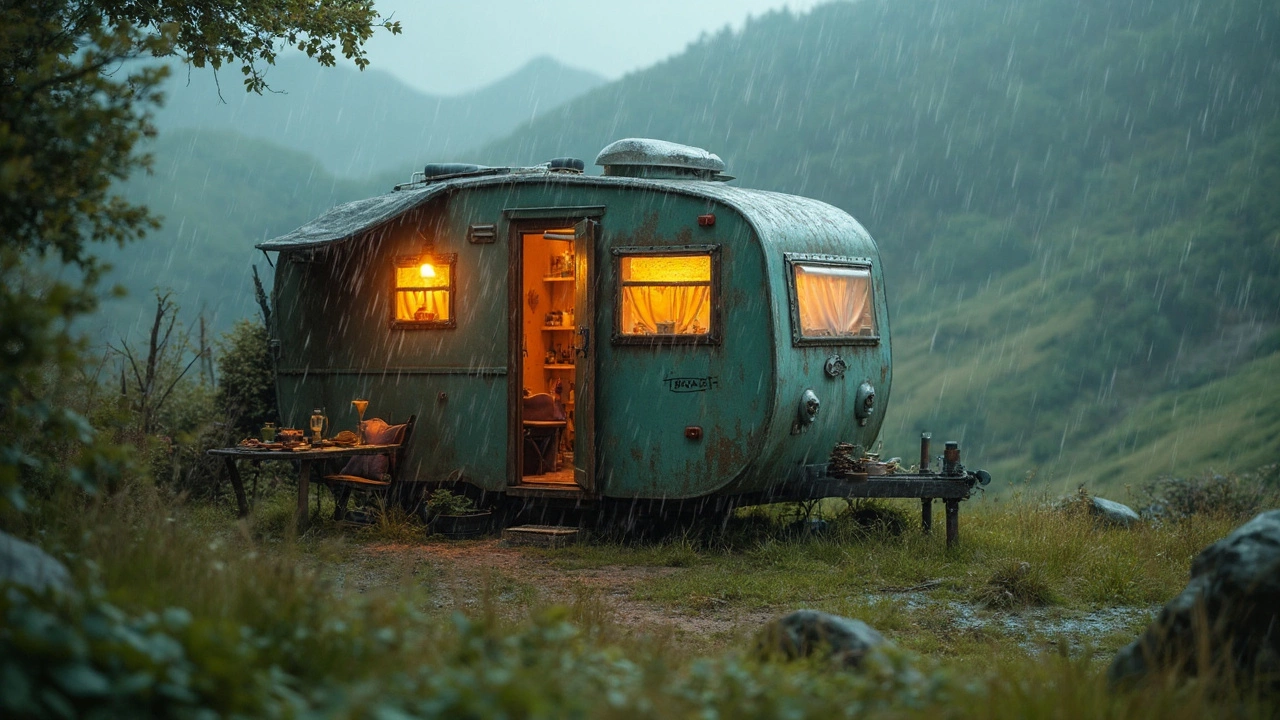Mobile Home Lifestyle: Real Tips for Easy Road Living
Thinking about swapping a flat for a motorhome? You’re not alone. More people are choosing the freedom of a mobile home to see new places, save on hotels, and live on their own schedule. Below are the basics that most newcomers miss.
Choosing the Right Motorhome
The first step is picking a vehicle that fits your needs. A Class C motorhome is often a good starter – it’s smaller than a Class A, easier to drive, and still offers a proper bed and kitchen. If you only need a weekend getaway, a camper van with a pop‑up roof can be cheap and simple. Look at the total length, fuel consumption, and the layout – do you need a separate bathroom, a large fridge, or extra storage? Test drive a few models and imagine where you’ll park it most often.
Everyday Hacks for Life on the Road
Once you have the rig, the day‑to‑day tricks make a huge difference. When you arrive at a campsite, set up your tent or awning first – it gives you shade and a place to store gear safely. Use a portable power pack to charge phones before you plug into the site’s electricity. A small solar panel on the roof can keep lights and a 12‑volt TV running without draining the battery.
Bathroom needs are often a worry. Many motorhomes have a cassette toilet that you can empty at designated dump stations. If you’re in a van without a built‑in toilet, a portable chemical toilet works fine for short trips. Remember to bring extra toilet paper and hand sanitizer – not every site has hand‑washing facilities.
Cooking on the road is easier than you think. A single‑burner stove and a compact fridge cover most meals. Plan simple dishes like pasta, stir‑fry, or one‑pot soups. Keep a set of reusable containers for leftovers; they double as storage for snacks during the drive.
Budgeting is key. Motorhome hire rates can vary a lot, so compare daily versus weekly prices. Add fuel, campsite fees, and insurance to your calculations. A rule of thumb is to aim for a total cost that’s lower than two nights in a mid‑range hotel per night of travel.
Safety rules differ across the UK. Wild camping is generally illegal, but many public parks and designated sites allow overnight stays if you follow the rules. Always check local byelaws, especially on beaches, and respect any “no camping” signs. If you’re unsure, a quick call to the local council can save you a fine.
Staying connected is simple with a good 4G router and a signal booster. Most campsites provide Wi‑Fi, but it can be spotty. A backup data plan on your phone ensures you can map routes, book sites, and keep in touch with family.
Finally, treat your motorhome like a home you visit. Clean up after yourself, dispose of waste properly, and leave campsites as you found them. The more you respect the space, the more likely you’ll get a good spot next visit.
With the right vehicle, a few practical habits, and a bit of research, the mobile home lifestyle becomes an affordable, flexible way to explore the UK and beyond. Ready to hit the road?
Disadvantages of Living in a Caravan You Should Know
Living in a caravan can sound adventurous and freeing, but it comes with its share of challenges. Limited space, lack of privacy, and maintenance issues are just a few hurdles residents often face. Additionally, the lifestyle might involve dealing with fluctuating weather conditions and unstable living costs. Understanding these factors can help make an informed decision about embracing this lifestyle.
